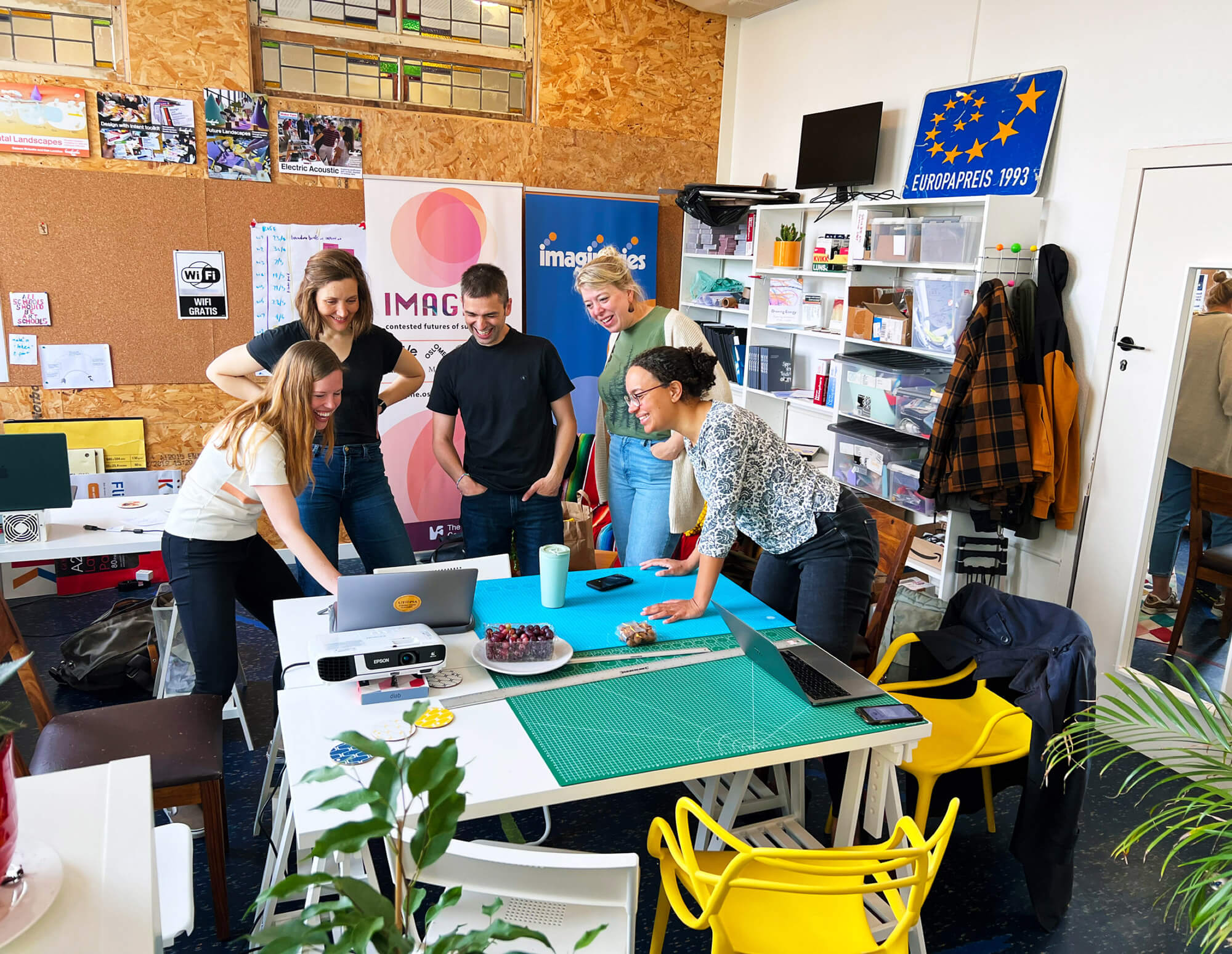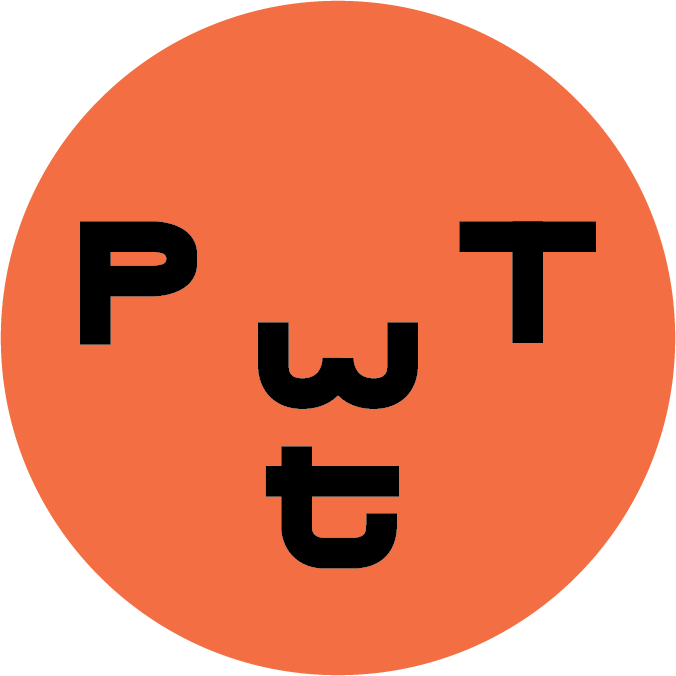
Welcome to the library
A critical challenge for addressing urgent broad societal issues is to navigate multiple worldviews and perspectives, both within academic research contexts and at the interface of science and society. Spaces that cultivate playfulness can open up participants to express, share, question, and transform how they experience and act in the world.
Our interdisciplinary team of researchers has been co-designing playful materials and activities that can support transdisciplinary collaborations in research and education. Our goal is to consolidate these learnings into a “library for transformative play” to circulate widely and enable collaborations to address important societal challenges. We have gradually constructed a set of physical libraries, with this website serving as a digital counterpart.
Our collaboration has been funded by the Centre for Unusual Collaborations via their Spark and UCo grant schemes, from 2021–25.
What is this project about?
Academic team members for 2025:
Jet Vervoort (WUR), Raimon Ripoll-Bosch (WUR), Jessica Duncan (WUR), Maikel Waardenburg (UU), Josie Chambers (UU), Dan Lockton (Norwich University of the Arts, formerly TU/e), Joost Vervoort (UU), and Joyce Browne (UMCU).
Thank you to Suzan Ruijtenberg (UU), Alay Llamas (UMCU), and George Downward (UMCU) for their contributions to earlier years of the project.
Designers, researchers, makers, and contributors over 2021–25:
Danvy Vu, Saskia Colombant, Sable Knight, Kyle Thompson, Lotte de Lint, Femke Coops, Aisha So, Joana Pereira, Elvia Vasconcelos de Gouveia
Contact: Raimon Ripoll-Bosch (raimon.ripollbosch@wur.nl)
The five purposes

A visualisation of how the purposes relate and connect to each other
Over the course of the project, we have identified five ‘purposes’ that we believe these kinds of playful activities and games can help address within interdisciplinary (and transdisciplinary) collaborations:
- Surfacing worldviews: Differing worldviews often lie at the heart of tensions and conflicts. Without the ability to understand and engage with these differences, tensions can become suppressed or polarized, closing down opportunities for societal transformation. We have developed playful activities and materials that help us better see and discuss our hidden assumptions about ourselves, each other and the world.
- Facilitating collective imagination: In addressing societal challenges, we often focus on describing the nature of problems and where they came from. These playful activities and materials seek to counterbalance our emphasis on the past and present, with an imaginative orientation towards the future. What could more just and sustainable futures look or feel like? How might we bring them into being? And what redefined roles may this entail for us?
- Staying with the trouble: In scientific and/or societal spaces seeking societal change, there can be a bias towards cognitive and rational engagement with societal problems and solutions. This set of playful activities and materials encourage us to embrace rather than suppress our discomforts with injustices we experience in the world. They focus on the power of engaging with diverse emotions such as care, fear, love, grief – to grow transformative potential.
- Unmaking systems: All work that seeks to be transformative must recognise unjust power relations and make a concerted effort to transform those relations. This requires diverse forms of collective action. Here, we explore the power of playful activities and materials to reveal, challenge, and disrupt power relations that reinforce problematic relations and injustices in the world.
- Embracing ambiguity: A frequent block to transformation is the desire to foreclose interpretations of what the world is like or could be. This set of playful activities and materials seeks to engage directly with this impulse to make what is potentially uncertain certain by challenging people’s very notion of certainty. Why are we often so uncomfortable with unpredictability in the real world, and how can we lean into uncertainty to enable more emergent transformation?
The games and activities in the library each address at least one—often two or three—of these purposes.
